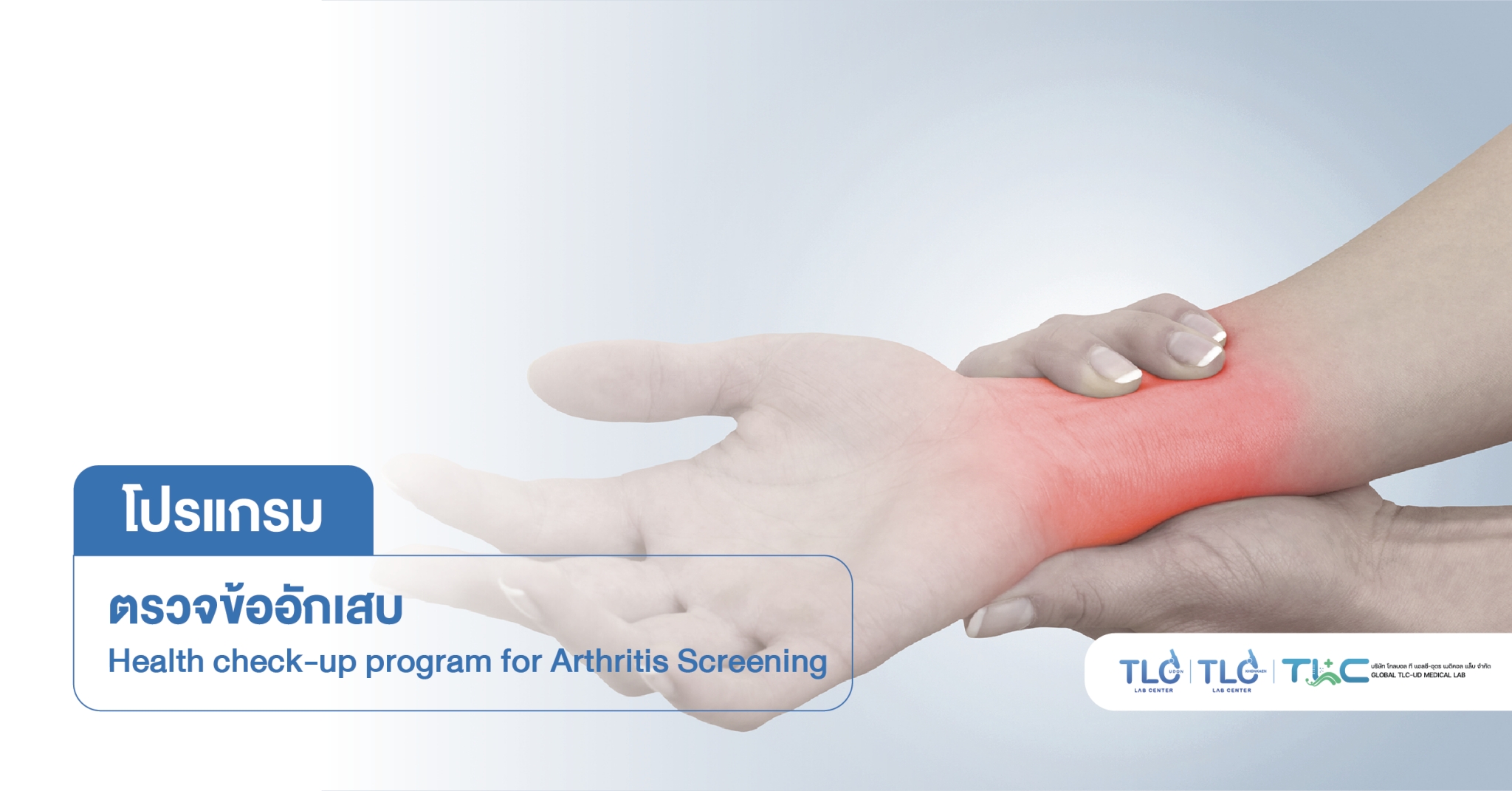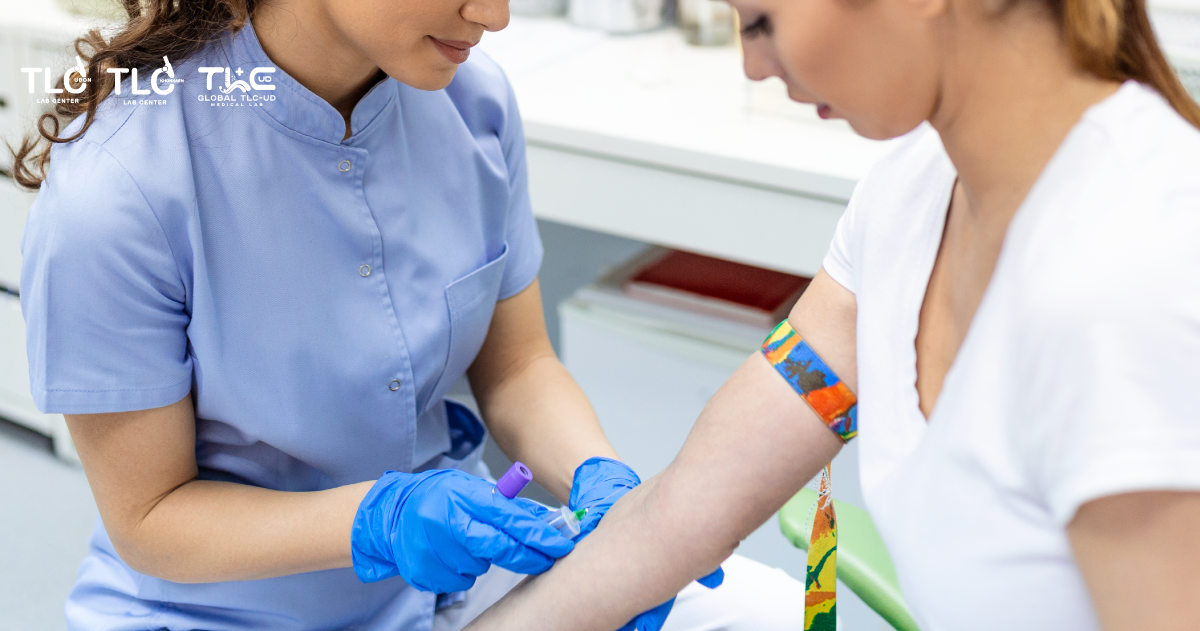Rheumatoid arthritis is a type of arthritis caused by the immune system attacking the joints (an autoimmune disease). It involves inflammation throughout the body and chronic inflammation of the joint lining. This inflammation damages the cartilage, surrounding bones, and tissues around the joints, such as bursae and tendons. The inflammation causes the inner lining of the joints to thicken, bones to become porous, and joints to become deformed and immobilized. Other systems of the body, such as the eyes, nerves, or muscles, may also be affected. In Thailand, rheumatoid arthritis occurs more commonly in women than in men, at a ratio of approximately 3:1, and is most frequently seen in people aged 20–50.
Causes of Rheumatoid Arthritis
- Autoimmunity: The immune system mistakenly attacks the joint lining (synovium), causing inflammation and swelling, which leads to the weakening and stretching of cartilage, bones, and tendons, ultimately resulting in deformed and misaligned joints. Apart from joint symptoms, other areas such as wrists, shoulders, and knees can also be affected.
- Genetics: For example, the HLA-DR4 gene.
- Environmental factors: Such as certain infections or smoking.
- Hormonal factors: Women are 2–3 times more likely to develop the disease than men.
Currently, it is believed that the onset of rheumatoid arthritis involves a combination of genetic predisposition and external triggers.
Risk Factors That Trigger Rheumatoid Arthritis
- Age: Can occur at any age, including young adults and the elderly. Most patients are diagnosed between ages 40–60.
- Gender: Women are three times more likely to be affected than men.
- Genetics: Having a family history of rheumatoid arthritis increases risk.
- Obesity: Being overweight or obese raises the risk.
- Smoking: Increases both the risk and severity of the disease.
- Environmental exposure: Contact with certain substances such as asbestos and silica can increase the risk.
Stages of Rheumatoid Arthritis
There are four stages:
- Stage 1: In the early phase, inflammation occurs in the tissues around the joint. There may be joint pain and stiffness. X-rays typically do not show bone damage yet.
- Stage 2: Inflammation begins to damage the cartilage in the joint. Stiffness increases and movement becomes more limited.
- Stage 3: Severe inflammation causes bone damage. Pain, stiffness, and limited mobility become more pronounced. Physical changes in joint shape may begin to appear.
- Stage 4: Inflammation subsides, but joint damage continues to worsen. Patients experience severe pain, swelling, stiffness, and loss of mobility.
It may take several years to progress through all the stages, and not every patient will experience all of them.

Symptoms of Rheumatoid Arthritis
- Primary symptoms: Multiple joints become inflamed, especially wrists and fingers. Pain is constant, regardless of activity, and morning stiffness is common.
- Other symptoms: Low-grade fever, fatigue, dry eyes and mouth.
- Joint function loss: Inflammation reduces the joint’s ability to move and function. Prolonged inflammation causes permanent damage and deformity.
- Advanced diagnosis: When fully developed, diagnosis is easier due to multiple affected joints (especially small joints of the hands and feet), symmetrical joint involvement, and visible joint deformities. Early symptoms may vary and complicate diagnosis.
Diseases That Mimic Rheumatoid Arthritis
Several other diseases may present with similar symptoms:
- Systemic Lupus Erythematosus (SLE)
- Spondylarthritis (SNSA)
- Gout
- Septic arthritis
- Arthritis associated with cancer
- Psoriatic arthritis
Therefore, laboratory tests are essential to distinguish rheumatoid arthritis from other diseases. These tests aid in diagnosis, assessing disease severity, selecting appropriate treatment, monitoring treatment response, and detecting potential side effects.
Laboratory Tests for Rheumatoid Arthritis
- Rheumatoid Factor (RF)
- Anti-Cyclic Citrullinated Peptide (Anti-CCP)
- Erythrocyte Sedimentation Rate (ESR) – measures inflammation
- C-Reactive Protein (CRP) – measures inflammation














